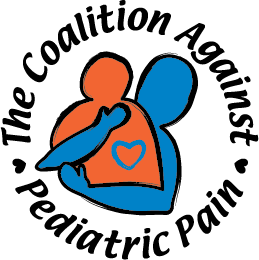By DM Sullivan

2019 brought much hope to the long-silent-suffering Ehlers Danlos Community when Lena Dunham, Jameela Jamil, and SIA revealed their EDS diagnoses. It felt like a celebrity endorsement of sorts. EDS suddenly went from “what?” to the “disease du jour” and was all over social media and pop culture news programs like Entertainment Tonight and TMZ.
As a mom and patient advocate who has been supporting EDS families for the last six years, I felt a renewed sense of hope. Maybe these women with their star power and influence might bring some much-needed validation to help kids and families struggling in the trenches trying to get care and support.
My enthusiasm was short lived. First I witnessed the unflattering coverage that Lena received, and then came my realization that SIA is a very private person and may not be adding a lot to the conversation. But the wind was really taken out of my sails this week with the news that Jameela Jamil was accused of having Factitious Disorder or Munchausen Syndrome; a psychiatric condition where people consciously fake medical symptoms for attention or reward. Twitter blew up immediately with judgement and skeptical tweets questioning the validity of her invisble illness – ugh, she really is one of us!
People with Ehlers Danlos Syndrome face a higher risk of being accused of suffering from Munchausen, even though the condition is estimated to be just .02 to 1 percent of the medical population. I have met so many kids on this journey who are traumatized from having their parents accused, or their symptoms questioned or not believed. The gaslighting and psychological stereotyping that people with EDS endure demonstrates the lack of empathy for people who live with chronic and invisible illness.
I realized the ignorance and bias around EDS is even more powerful than celebrity, as Jameela herself explained:
“Ehlers Danlos Syndrome means always having people doubt your illness and injuries because you look okay.”
Unlike Cancer, Muscular Dystrophy, MS or other debilitating conditions, Ehlers Danlos Syndromes do not have high profile spokespeople or road races or telethons to raise money for a cure. There is currently no EDS specialty clinic where one can get coordinated care or even adequate funding for research (which is pretty remarkable when you look at the numbers and recognize that at 1 in 5000, EDS is actually as prevalent as cancer in the general population.)
EDS and its variable co-morbid conditions are still poorly recognized and highly misunderstood in the medical community, so it is no wonder that friends, family, and fans struggle to understand and feel empathy towards symptoms that range in severity and wax and wane from day to day.
But the kids we support at TCAPP desperately need role models like Jameela who live successful lives in spite of their pain and struggle, and who stand up for themselves in the face of unwanted judgement and shade. Young people battling illness and disability need to know that they deserve respect and cannot let the judgement of friends, or the feeling of being marginalized by a medical system that didn’t recognize their symptoms affect or define who they are. Living with a rare, misunderstood or controversial diagnosis can be hard. So many of our young girls with gastroparesis are traumatized by forced feedings and being mislabeled as suffering from an eating disorder. While many other kids field unwanted judgement if they are sidelined with pain and someone questions them because they looked “just fine” the week before. Why can’t people lead with support and understanding?
The ugly truth about Ehlers Danlos Syndrome is that it is still highly misunderstood and often not well respected. Apparently even famous celebrities are not immune to the judgement and bias.
But every time someone stands up and makes noise, the voice of the Dazzle becomes louder. Jameela’s fierce response to her haters on Twitter should help to empower us all. (And her boyfriends defense of her was wonderful too:) We need more role models to stand up to these uncomfortable realities that the EDS community and other invisible illnesses face. The EDS community is gaining in size and making great progress towards acceptance and better understanding. You don’t need to be a celebrity to make a difference though, we all can play a part by sharing our stories, participating in patient advocacy events or supporting local non-profits with donations or volunteering.
Just stand up and be unapologetically you.
Or, you can sit or lie down if you are having a bad day…. 🙂
Do you ever feel judged because of your invisible illness or have a story to share?

